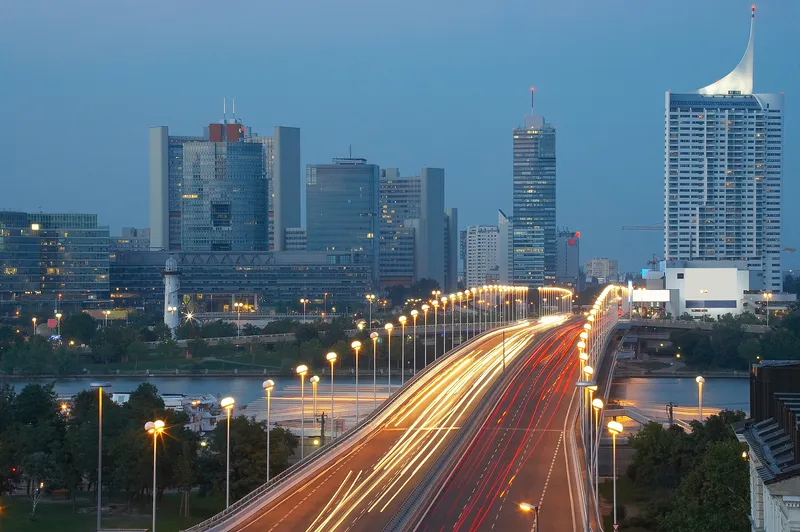To help achieve its net-zero carbon footprint by 2022 goal, Park City Transit in Utah, US, has deployed the state’s first zero-emission, battery-electric mass transit fleet, which will include six Proterra Catalyst FC+ buses.
Nicknamed the ‘Electric Xpress’, the free transit service will provide clean, quiet, and efficient transportation to residents and tourists throughout several neighbourhoods in the ski resort community.
The Park City region deployment not only marks the first battery-electric transit fleet for Utah and the nationwide mountain resort industry, it is also the first implementation of Proterra’s battery-lease financing model. To address some of the cost barriers that have previously deterred transit agencies from transitioning to battery-electric vehicles, this new financing model enables agencies to purchase electric buses at approximately the same price or less than fossil fuel-based alternatives. Park City Transit received financing for the six Proterra buses through a competitive Low-No Emissions Grant with the
US ski resort deploys electric bus fleet
To help achieve its net-zero carbon footprint by 2022 goal, Park City Transit in Utah, US, has deployed the state’s first zero-emission, battery-electric mass transit fleet, which will include six Proterra Catalyst FC+ buses.
June 26, 2017
Read time: 1 min









